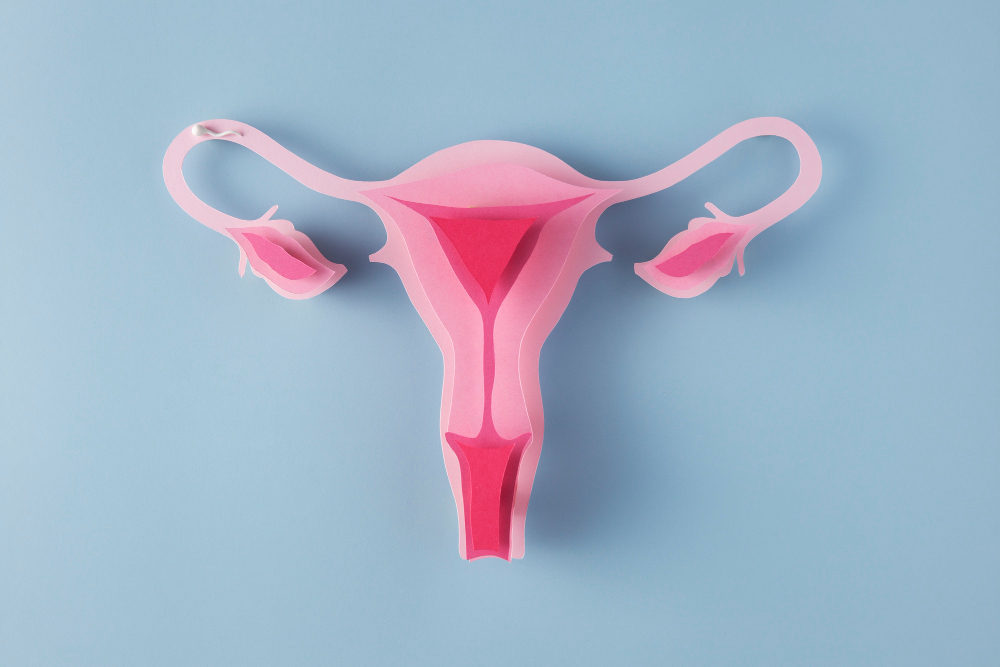General Health Tips & News
Hysterectomy
By H.S. (staff writer) , published on March 06, 2022

Medicine Telehealth Health
A hysterectomy is a procedure that removes the uterus from the body. This operation may be performed for a variety of reasons, including:
· Uterine fibroids causing discomfort, bleeding, or other issues
· Uterine prolapse occurs when the uterus slides into the vaginal canal from its natural position.
· Uterine, cervix, or ovarian cancer
· Endometriosis
· Abnormal vaginal bleeding
· Chronic pelvic discomfort
· Adenomyosis, or uterine thickening
A hysterectomy is a treatment that removes the womb from the body (uterus). After the procedure, you won't be able to become pregnant. You won't get periods if you haven't previously undergone menopause, regardless of your age.
A hysterectomy is performed on a large number of women. It's more frequent in women between the ages of 40 and 50.
Types
Hysterectomy comes in a variety of forms. The reason for the procedure determines the kind you have and how much of your womb and reproductive system can be safely kept in situ.
The following are the most common forms of hysterectomy:
· The womb and cervix (womb neck) are removed; this is the most frequent procedure
· Partial hysterectomy – the main body of the womb is removed, but the cervix remains in situ
· Womb and surrounding tissues are removed, including the fallopian tubes, part of the vagina, ovaries, lymph glands, and fatty tissue
Complications
There is a slight chance of complications, such as:
· Excessive bleeding
· Infection
· Bladder or bowel injury
· Bad response to the general anaesthesia
Getting back on your feet after a hysterectomy
· A hysterectomy is a serious surgical procedure. After surgery, you may stay in the hospital for up to 5 days, and it takes 6 to 8 weeks to recover completely.
· Recovery timeframes vary based on the kind of hysterectomy performed.
· During this period, try to rest as much as possible and avoid carrying anything heavy, such as shopping bags. Your abdominal muscles and tissues will require time to recuperate.
Menopause surgery
Regardless of age, if your ovaries are removed during a hysterectomy, you will experience menopause shortly afterwards. Surgical menopause is the term for this procedure.
If one or both of your ovaries are left intact, there's a possibility you'll go through menopause within five years following your surgery.
If you have a hysterectomy and suffer from surgical menopause, you should be provided hormone replacement medication (HRT).
Multiple ways to hysterectomy are used depending on the surgeon's expertise, the reason for the hysterectomy, and the patient's general health. The hysterectomy approach will have a role in determining how long it takes to recover and what sort of scar, if any, remains following the procedure.
Hysterectomy Possibilities
The majority of persons who undergo a hysterectomy have no substantial difficulties or consequences due to the procedure. Nonetheless, a hysterectomy is a substantial operation with significant risks. Among the complications are:
· Chronic discomfort
· Other hazards of hysterectomy include wound infections, blood clots, bleeding, and harm to neighbouring organs, but these are infrequent.
References
1) Bachmann, G.A. (1990)' Hysterectomy. A critical review', The Journal of reproductive medicine, 35(9), pp. 839–862.
2) Carlson, K.J. (1997) 'Outcomes of Hysterectomy', Clinical Obstetrics and Gynecology, 40(4), pp. 939–946.
3) Wright, R.C. (1969) 'HYSTERECTOMY: PAST, PRESENT, AND FUTURE', Obstetrics & Gynecology, 33(4), pp. 560–563.
Find articles related to: Medicine Telehealth Health
More articles about General Health Tips & News
Back to the Health Tips Index




